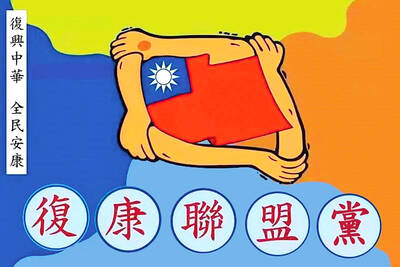The Bank of England said on Wednesday that it and other major central banks are ending emergency lending arrangements put in place with the US Federal Reserve in the wake of the global credit crisis, citing improvements in financial markets.
The decision marks the first unified retraction by central banks around the world of extraordinary support measures to boost lending after credit markets seized up in late 2007, causing the global economic downturn.
The Bank of England was joined by the European Central Bank, the Bank of Japan and the Swiss National Bank in announcing that the temporary reciprocal currency arrangements with the Fed would expire on Monday.
“These lines, which were established to counter pressures in global funding markets, are no longer needed given the improvements in financial market functioning seen over the past year,” the bank said in a statement. “Central banks will continue to cooperate as needed.”
The Fed announced in December 2007 that it had authorized so-called liquidity swap lines with the European Central Bank and the Swiss National Bank. The agreement was extended to include several other central banks in April last year.

AIR DEFENSE: The Norwegian missile system has proved highly effective in Ukraine in its war against Russia, and the US has recommended it for Taiwan, an expert said The Norwegian Advanced Surface-to-Air Missile Systems (NASAMS) Taiwan ordered from the US would be installed in strategically important positions in Taipei and New Taipei City to guard the region, the Ministry of National Defense said in statement yesterday. The air defense system would be deployed in Taipei’s Songshan District (松山) and New Taipei City’s Tamsui District (淡水), the ministry said, adding that the systems could be delivered as soon as the end of this year. The US Defense Security Cooperation Agency has previously said that three NASAMS would be sold to Taiwan. The weapons are part of the 17th US arms sale to

SERIOUS ALLEGATIONS: The suspects formed spy networks and paramilitary groups to kill government officials during a possible Chinese invasion, prosecutors said Prosecutors have indicted seven retired military officers, members of the Rehabilitation Alliance Party, for allegedly obtaining funds from China, and forming paramilitary groups and assassination squads in Taiwan to collaborate with Chinese troops in a possible war. The suspects contravened the National Security Act (國家安全法) by taking photos and drawing maps of key radar stations, missile installations and the American Institute in Taiwan’s headquarters in Taipei, prosecutors said. They allegedly prepared to collaborate with China during a possible invasion of Taiwan, prosecutors said. Retired military officer Chu Hung-i (屈宏義), 62, a Republic of China Army Academy graduate, went to China

INSURRECTION: The NSB said it found evidence the CCP was seeking snipers in Taiwan to target members of the military and foreign organizations in the event of an invasion The number of Chinese spies prosecuted in Taiwan has grown threefold over a four-year period, the National Security Bureau (NSB) said in a report released yesterday. In 2021 and 2022, 16 and 10 spies were prosecuted respectively, but that number grew to 64 last year, it said, adding that the Chinese Communist Party (CCP) was working with gangs in Taiwan to develop a network of armed spies. Spies in Taiwan have on behalf of the CCP used a variety of channels and methods to infiltrate all sectors of the country, and recruited Taiwanese to cooperate in developing organizations and obtaining sensitive information

BREAKTHROUGH: The US is making chips on par in yield and quality with Taiwan, despite people saying that it could not happen, the official said Taiwan Semiconductor Manufacturing Co (TSMC, 台積電) has begun producing advanced 4-nanometer (nm) chips for US customers in Arizona, US Secretary of Commerce Gina Raimondo said, a milestone in the semiconductor efforts of the administration of US President Joe Biden. In November last year, the commerce department finalized a US$6.6 billion grant to TSMC’s US unit for semiconductor production in Phoenix, Arizona. “For the first time ever in our country’s history, we are making leading edge 4-nanometer chips on American soil, American workers — on par in yield and quality with Taiwan,” Raimondo said, adding that production had begun in recent